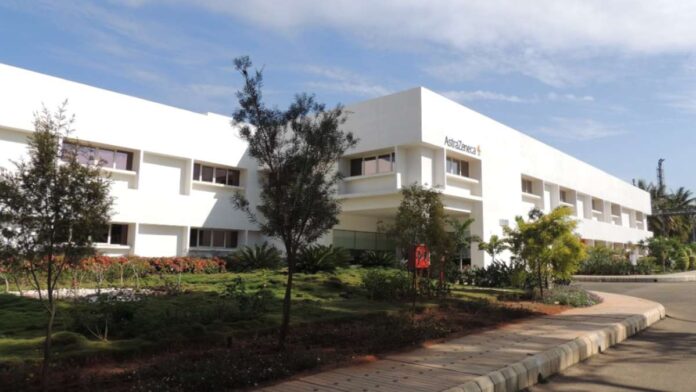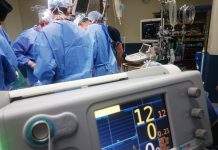
AstraZeneca India, a leading science-led biopharmaceutical company, signed a memorandum of understanding with the Research Society for Study of Diabetes in India (RSSDI). This MoU aims to digitize and drive correct awareness of diabetes amongst people to prevent complications arising from the uncontrolled incidence of the disease.
RSSDI is the largest organization of diabetes health care professionals and researchers in Asia, with around 6000 members from amongst physicians, diabetologists, endocrinologists, and paramedical personnel. The organization has been instrumental in extensive research on diabetes and continuing diabetes education initiatives in India. As a key facet of this dual association, AstraZeneca unveiled a campaign-‘Beyond Sugar’, a three-year patient awareness program developed to benefit over one crore people living with diabetes in the country. This initiative will empower patients or caregivers to have conversations around diabetes and make informed decisions about managing the disease.
The International Diabetes Foundation Atlas on diabetes shows that 1 in 11 people in South Asia has diabetes and that India will have around 11.5 crore diabetes patients by 2030. While 10% to 15% of the general population have diabetes, a recent study suggested that 44% of patients hospitalized for Heart Failure (HF) have type 2 diabetes, showcasing the steep correlation between diabetes and HF. HF is a significant health problem in India, with a post-admission mortality of 20 to 30%. Chronic kidney disease (CKD) is associated with significant patient death and increased heart failure risk. Therefore, diabetes must be controlled to decrease the incidence of HF and CKD in India.
Anil Kukreja, vice president – Medical Affairs and Regulatory, AstraZeneca India, said, “AstraZeneca has always been at the forefront of enabling patient-centric solutions for the management of non-communicable diseases. Despite currently available therapies, the awareness levels among the public is relatively low, resulting in uncontrolled Diabetes and additional complications of the heart and kidneys. The partnership between AstraZeneca and RSSDI will go a long way in supporting patient-centric digital awareness campaign and programs to raise awareness about Diabetes and its complications so that they can act early to manage or even prevent the complications.”
Banshi Saboo, president- RSSDI and Organizing Chairman 2020, said, “This partnership between RSSDI and AstraZeneca will result in increased awareness levels about Diabetes and its complications. Our vision is to touch one crore lives in India over the next three years through this Digital patient-centric approach. In the Covid era, this digitally-powered initiative will also empower patients or caregivers to have better conversations with their doctors about the disease and make informed decisions in the management of Diabetes. All this will culminate towards shifting from the glucose centric management approach towards a holistic and an early Cardio-Renal focused management of type 2 diabetes.”
Sanjay Agarwal, secretary- RSSDI 2020, said, “Being the largest organization of diabetes doctors and researchers in Asia, RSSDI is always focused at elevating the patient outcomes in Diabetes with constant research and innovative solutions. Beyond Sugar is one such patient-centric initiative which will play a vital role along with our RSSDI state chapters to raise the awareness by leveraging social media and digital platforms. With the support of AstraZeneca, we aim to reach out to the patients, community and HCP to increase awareness about Diabetes and help patients initiate conversations about the prevention of complications in Diabetes.”








